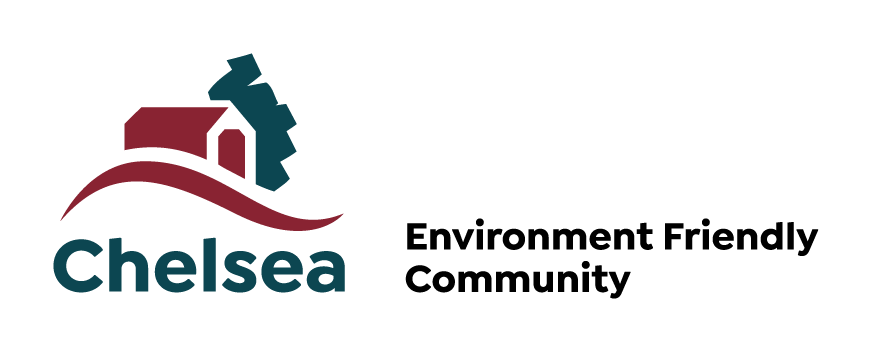
Toxic and Invasive Plants Collection
The Municipality organizes once a year a collection of invasive and toxic plants. Residents are encouraged to remove weeds from their property and bring them to the Municipal Garage during the collection day.
Dates: June 11 and August 6, 2025
Time: 3 p.m. to 7 p.m.
Location: Municipal Garage (119, chemin Scott)
Accepted plants species:
Invasive plants - Please bring invasive plants in paper bags, or they will not be accepted.
- Dog-strangling vine
- Buckthorn
- Ragweed
- Japanese knotweed
Toxic plants - Please bring toxic plants in plastic bags, or they will not be accepted.
- Giant hogweed
- Wild Parsnip
- Poison Ivy
WARNING: These plants present a threat to your safety. Thus, it is essential to consult the Technical datasheet - Invasive and toxics plants for a list of personal protection gear and safe ways to remove the toxic plants.
Biological invasion by plants is a worldwide phenomenon and a leading cause of biodiversity loss, second only to the destruction of natural habitats.
Invasive plants are becoming more and more widespread in Chelsea and in the surrounding area. These unwelcome invaders are disrupting natural ecosystems, replacing and eliminating native species and reducing our region’s unique and diverse biological resources. Therefore, the identification and control of invasive species is of great importance.
Report an invasive plant
You can report an observation of an invasive plant on public property to the Environmental and Sustainable Development Advisor at environnement@chelsea.ca. You must include the observation site (address, street corner, etc.) and at least one photo. We also invite you to report your observations to MELCC using Sentinel, the invasive alien species detection tool.
Some toxic plants are also to be monitored since they can have an effect on human health.
Please consult the Technical Datasheet to learn how to identify the main plants with harmful effects, the protective measures to be taken when handling the plant and the best way to dispose of them.
On Chelsea territory, the following plants were observed:
- Giant Hogweed (H. mantegazzianum) – E, D
- Dog-Strangling Vine (V. rossicum) – E
- Manitoba Maple (A. negundo) – E
- Ragweed (A. artemisiifolia) – A
- Poison Ivy (T. radicans, R. radicans) – D
- Himalayan Balsam (I. glandulifera) – E
- Amur Silvergrass (M. sacchariflorus) – E
- Eurasion Water Milfoil (M. spicatum) – E (aquatique)
- Aler Buckthorn or Glossy Buckthorn (F. alnus) – E
- Common Buckthorn (R. cathartica) – E
- Wild Parsnip (P. sativa) – E, D
- Sweet-coltsfoot (P. japonicus) – E
- Common Reed (P. australis) – E
- Japanese Knotweed (R. japonica) – E
- Purple Loosestrife (L. salicaria) – E
Invasive : E Dangerous : D Allergen : A
Please note that this list is not exhaustive.
Invasive plants are typically non-native plants that aggressively out-compete other vegetation. When invasive, non-native species grow outside of their natural range and they are not controlled by the natural interactions of predators, parasites, diseases and competition from other plants.
These plants have aggressive reproductive qualities such as rapid growth, abundant seed production, widespread seed dispersal and vigorous vegetative spreading. Invasive plants are highly adaptable and are able to tolerate a wide range of habitat conditions. It is therefore important not to distribute seeds, roots and even plant ends elsewhere as they can colonize a new place quickly.
Consult a doctor.
Contact:
- Info Santé: 811
- Centre antipoison du Québec: 1-800-463-5060
Conseil québécois des espèces exotiques envahissantes (French only)
Renouée du Japon : Conseil québécois des espèces exotiques envahissantes. (French only)
MELCC. Détection des plantes aquatiques exotiques envahissantes (French only)
MELCC. Eurasian Water Milfoil (French only)
For information
Environment Department
This page was last updated on October 1, 2025

